First-gen students at CVHS receive college application tips from counselors
Photo courtesy of Camille Marlin
CVHS seniors Catherine Do and Ishita Uddarraju working on college applications.
With college deadlines around the corner, seniors, especially first-generation students, are scrambling to find information about the college process. However new this process is for students, all past students attending CVHS have been admitted into 4-year colleges and universities. With parents unfamiliar with the intricate college application process, first-generation students to rely on counselors and other resources.
“On a scale of one to ten on how prepared I feel for the college process, I am a seven out of ten because my parents didn’t have the same experience as I’m going through right now. Everything I know about this process is from other students and the information the counselors give us. I feel like I could know a lot more if I had parents who went to college in the United States,” said first-generation senior Catherine Do.
Doing this process by themselves has made some more determined to be the first generation in their family to attend college in America. Do’s parents have a high school diploma from Vietnam. After their high school education, they left Vietnam to flee the government and seek new opportunities.
Senior Ishita Uddarraju’s parents obtained a degree from a university in India then went to America in search of job opportunities.
“I’m so stressed because I know a lot of people have parents who went to Berkeley, and they’re talking about how their parents helped them fill out their own application. I don’t really have a chance for that,” said Uddarraju.
With their parents unfamiliar with this process, Uddarraju and Do find other methods to gain more information about colleges.
“I know a couple of Carnegie alumni who graduated last year and the year before, so I get a lot of information from them and the counselors. I also do my own research by going into the college websites and looking at what they’re about,” said Uddaraju.
Counselors also agree to getting information directly from the source. Specifically, CVHS counselor Marcello Frau lists this as one of his top suggestions for seniors.
“They need to absolutely research really well admission requirements at the colleges that they want to go to. They absolutely have to research the colleges themselves so that they can tailor essays to those particular colleges especially if they have competitive admission,” said Frau.
On top of researching, counselor Veronica Chapman emphasizes the importance of following up with colleges after exploring more about the colleges students are interested in.
“Students must follow up often to make sure the college received all of their documents. Most colleges have a status portal that will provide valuable information to students regarding their application and if students just apply and assume, they will miss something. Follow up is crucial during the app process,” said Chapman.
Chapman and Frau have been helping seniors and have plenty of tips for those new to this process.
“They need to also evaluate the colleges not by name,” Frau said. “You are highly qualified (for esteemed colleges), but everyone else and their mothers across the world are highly qualified. Don’t just look at these colleges, you can get an excellent education at many other colleges. Think for yourself, do what’s good for you.”
Frau further discusses how it’s crucial to look for an education that fits the student specifically. There are also other factors to take into consideration while picking a suitable college such as location, religious affiliations, accommodation plans, and most importantly, the cost of attendance.
“Every student and parent can go and do the net price calculator and see what that college would cost. Keep in mind that most selective colleges don’t give out scholarships based on merit; it’s based on need,” said Chapman.
As many students may be unable to afford full tuition at 4-year universities, financial aid and scholarships can help reduce the costs coming out of the students’ pockets.
“Everyone should fill out the FAFSA, because that document the data that is in that document is used by the schools themselves as backup documentation when they offer need based or merit scholarships,” said Chapman.
Chapman continues by stating the importance of FAFSA by discussing how merit scholarships could be affected if you don’t fill out this form. Along with this, it’s important to know your status and what to apply for in regards to financial aid.
Chapman adds that Donovan Rosa, who works in College Readiness, sends monthly newsletters with information pertaining to financial aid and scholarships. Being part of the College Readiness department, Rosa helps students prepare for college by giving tips on different financial aspects of college.
While Chapman expands on financial aid and scholarships, Frau mentions Carnegie Vanguard’s rigorous academic system.
“What doesn’t kill you makes you stronger,” Frau said, referring to the rigorous academics Carnegie Vanguard High School enforces on its students.
Carnegie is best known to place its students in the most academically challenging environment. Although most may find this environment, perhaps unnecessary or stressful, Frau stresses the importance of this system for college readiness and how it differs from most schools. Specifically, Carnegie Vanguard’s college readiness index is 100.0/100 which is calculated on student performance on Texas-required tests and college-level coursework.
“What the difference is at Carnegie is, you get accustomed to working at a certain pace, at a certain level. All of the students that have come back from college tell us it is so much easier than Carnegie.” Frau continued, “It’s rigorous academics essentially prepare the students, especially first-gen students to get ahead of the curb, which is something each one of them have struggled with, due to encountering this process for the first time.”
For many students, particularly first-gen, the college process can be confusing and stressful as they don’t know how to present themselves. This dilemma also follows with questioning on what to include in their applications.
“When you apply, there needs to be a sense of confidence. This is who I am, this is what I want, this is where I want to go, this is what I have to offer. But being authentic doesn’t necessarily mean that you have to disclose all information. You have to have a filtered or a measured speech. There are some things that you should say, and other things that you might want to keep for yourself because it’s not going to help your case,” said Frau.
Along with authenticity, Frau continues by discussing how the application should not be in the extremes of both cases by either being too general or too personal.
“So when they read the application, if they see something that you’ve had issues with the law, they might ask, do we really want to take this person on? This person could be a liability in the future,” said Frau.
Although this process comes with a lot to consider, it gives students an opportunity to understand more about themselves.
“In a way I’m more grateful for being given the opportunity to have since I am one of the first in my family to experience everything,” said Do.
Your donation will support the student journalists of Carnegie Vanguard High School. Your contribution will allow us to cover our annual website hosting costs and fund field trips, competition fees, and equipment. We appreciate your support!
Hi! My name is Ankitha Lavi and I am a senior at CVHS. I love playing the piano and am a huge music enthusiast.
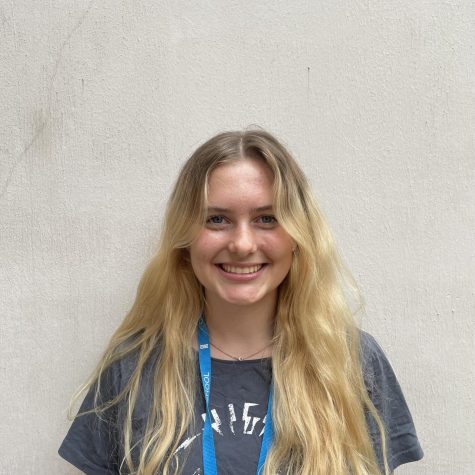
Hi! My name is Camille and I am a senior at Carnegie Vanguard High School. I am a soccer player for the Houston Dash Girl's Academy, when I am not on the...

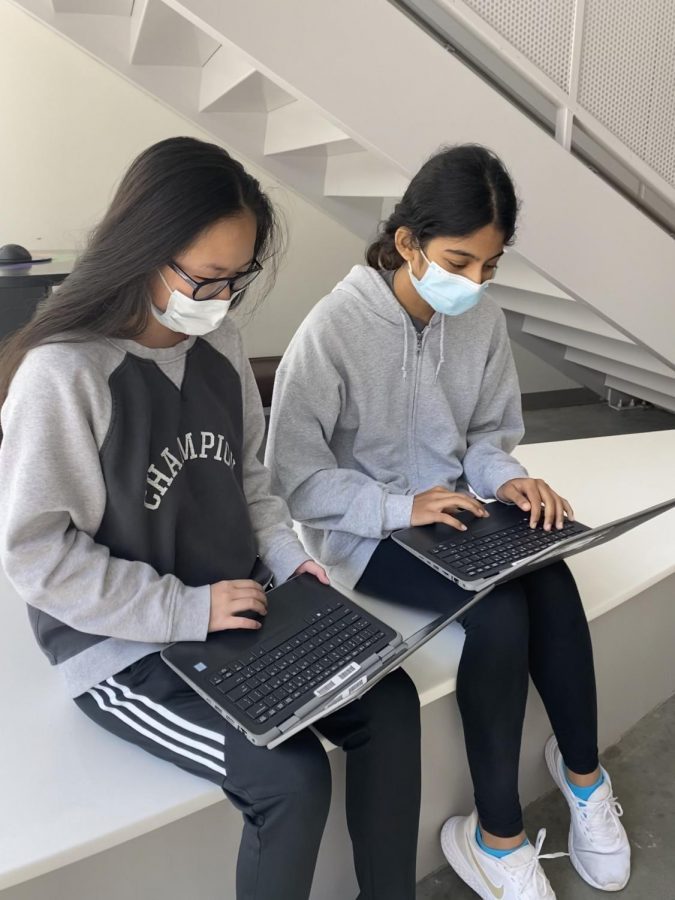
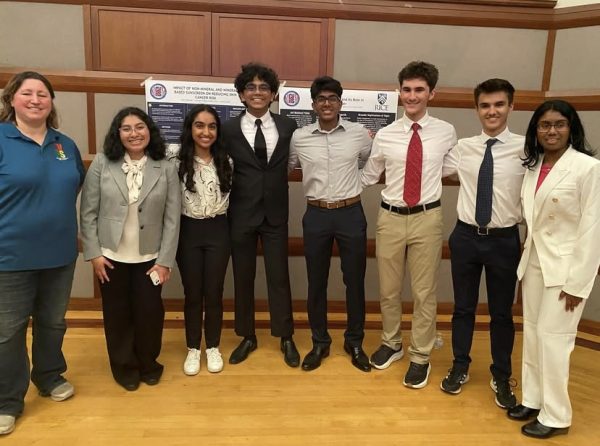
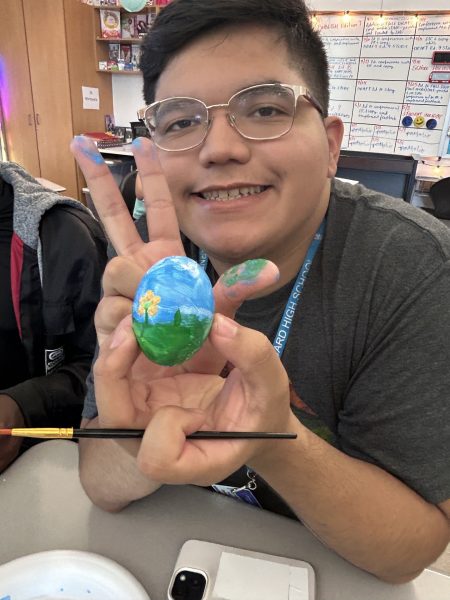

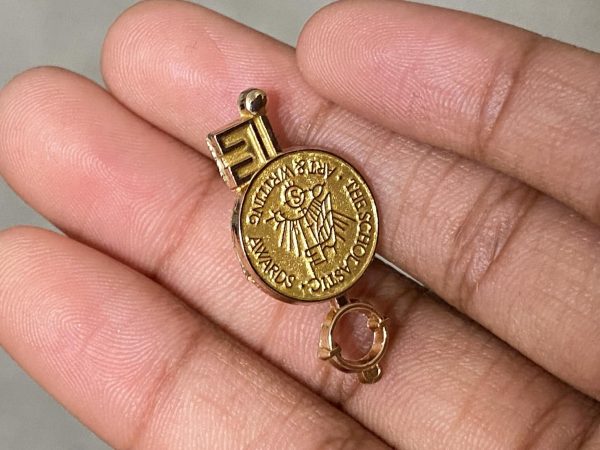
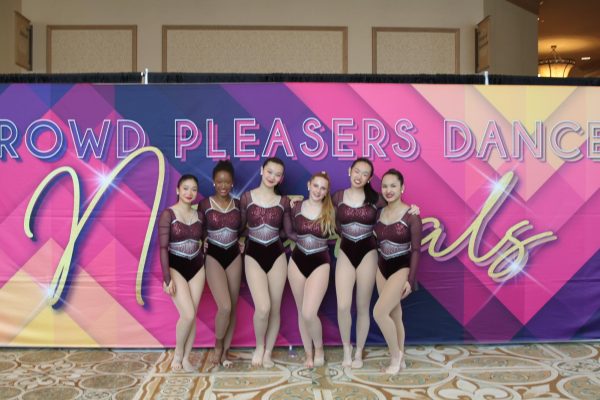
Caitlin Liman • Sep 24, 2021 at 12:15 pm
Loved this piece! As a second-gen college student in the U.S., and just a high schooler in general, this article offered lots of insight as to some things we can do for a smooth and successful college application process and reassurance that we are not alone in this intimidating process.
Roxell • Sep 23, 2021 at 1:50 pm
This was extremely informative. I definitely will come back in the future so I know what I should fill out during my senior year. Amazing story!
Rugveda Patil • Sep 23, 2021 at 1:49 pm
Great article! The article really helps me as a junior for tips from where to get information for applying to colleges.
Kaitlyn Garza • Sep 23, 2021 at 1:47 pm
This is such an important topic! I love the way you were able to transition from students struggling to actual advice from the counselors.